1992: A coup gone wrong.
Hugo Rafael Chávez Frías, the son of impoverished teachers and a lieutenant colonel in Venezuela's military, joins with other officers in a plot against the government of President Carlos Andres Perez, but word about the coup gets out. Some rebels are killed; others, like Chávez, jailed.
1994: His career begins.
A new president, Rafael Caldera, is elected. He releases the imprisoned rebels in March — much to the public's delight — but does not allow them to return to the military. Chávez goes on a tour of the country and then travels throughout Latin America, eventually beginning an important and lasting friendship with Fidel Castro.
1997: A rising political star.
Chávez and supporters start a political party, the Movimiento Quinta República, and Chávez becomes their candidate for the 1998 election. Chávez marries Marisabel Rodríguez — his second wife — after she gives birth to their daughter.
1998: The first of many victories.
Chávez is elected president with 56% of the vote. His victory is attributed to votes from the "young, the poor, and the politically unsophisticated."
1999: Waves of change.
Chávez takes the presidential oath, appoints new Bolivarian government leadership, and cuts many presidential perks, including his wages. His popularity surges, and he becomes known as "El Comandante." With voter approval, he forms a new, powerful constitutional assembly. He also changes the name of the country (the Republic of Venezuela) to the Bolivarian Republic of Venezuela.
2000: More power, another victory.

The new Constitution of 1999 takes effect, giving more power to the president and the military and merging the two-chamber legislature into one. It also increased protections for the environment and the rights of women and indigenous people. Venezuelans now have more government transparency and access to education, housing, and health care. Chávez is reelected.
2002: A brief setback.

Chávez is overthrown — for 47 hours — by Venezuelan Federation of Chambers of Commerce President Pedro Carmona, who moves to dissolve the National Assembly and void the 1999 Constitution before Chávez reclaims power.
2003: A serious challenge.
Two petitions are delivered with millions of purported signatures seeking referendum on Chávez's rule.
2004: Victory, again.
Chávez pours money into social programs and wins the recall referendum with 58% of the vote. His divorce from Marisabel is finalized.
2005: Tension rises with U.S.
"If I am assassinated, there is only one person responsible: the president of the United States," Chávez says in an address to the nation. In December, Chávez supporters win 100% of parliament seats after Chávez critics boycott the election.
2006: A third term.
Chávez wins another term with 63% of the vote. He calls President George W. Bush "the devil" and denies renewing a broadcast license for Venezuelan news organization Radio Caracas Televisión Internacional, which allegedly didn't pay fines and supported the 2002 coup.
2007: His first big loss.
Chávez launches broad initiatives to nationalize energy and communications companies and redistribute land. The government also forms a commission to review and amend the 1999 Constitution — suggestions include shortening the work week, extending the presidential term, and prohibiting sexual orientation discrimination. The amendments are rejected.
2008: Strained international relations.

Human Rights Watch releases a report on Chávez's decade in power, in which he is praised for expanding his country's human rights, but criticized for discriminating against people for speech and political association. In retaliation, the government throws out members of Human Rights Watch. Chávez also sends troops to the Venezuela-Colombia border after Colombia raids Venezuelan ally Ecuador. The U.S. and Venezuela expel each other's ambassadors.
2009: A big win.
Chávez proposes a referendum to remove all public-office term limitations. Voters approve it with a 54% vote, granting him a chance at indefinite presidency.
2011: Public illness.
Chávez travels to Havana multiple times for cancer treatment. He has surgery and reportedly recovers well.
2012: Declining health, increasing power.

In a display of recovery, Chávez dances on stage. Before the election, he declares himself in good health. He wins his fourth term with more than 54% of the vote. After the election, Chávez returns to Cuba for more treatment and another surgery. It's announced that he suffered complications.
2013: A large life ends.
Chávez developed a lung infection that caused "respiratory insufficiency." He returned to Venezuela and underwent chemotherapy. But by March, his respiratory problems worsened. He died on March 5.
Just before Chávez's death, Venezuela Vice President Maduro said the president had been infected with cancer by "imperialist" enemies. According to reports, a U.S. embassy official was expelled from the country early Tuesday for allegedly spying on the Venezuelan military.

